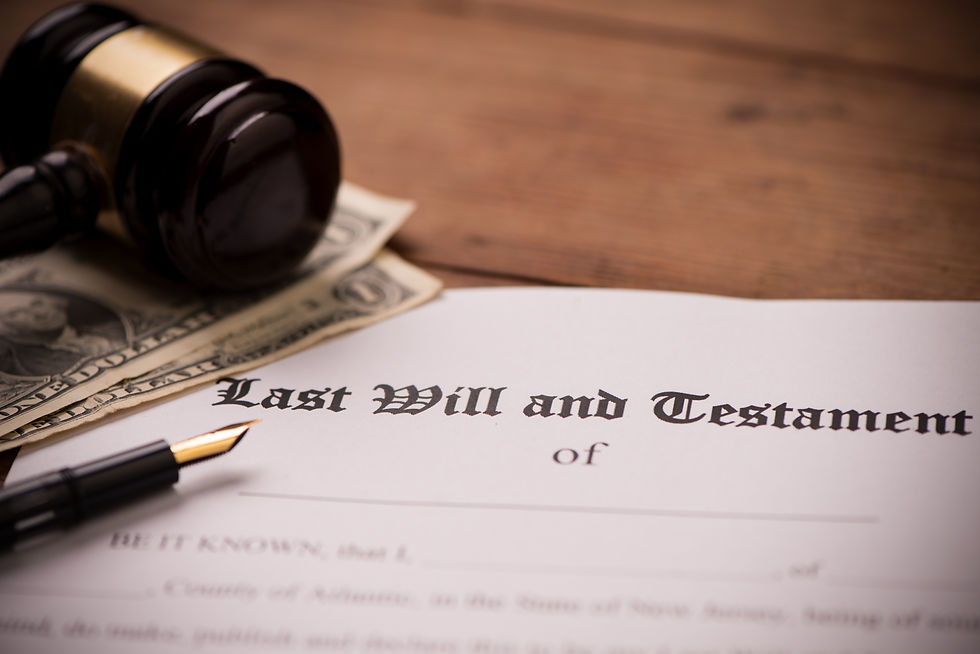Want an Alternative Energy Generating Station? Look to Your Zoning
- Sarah Everhart
- Jun 6, 2017
- 2 min read
Updated: Jul 23, 2020
By Sarah Everhart
During the recent legislative session the Maryland General Assembly took action to address an issue troubling many Marylanders: the lack of power which counties and municipal corporations have to approve new alternative energy generating stations.
Most Maryland municipal corporations and counties have strong zoning regulations, corresponding zoning laws, and a comprehensive zoning plan. A comprehensive plan, updated every ten years, outlines the jurisdiction’s current and future land use plans. When a landowner proposes development, a planning commission looks to the allowable uses of the property’s zoning designation as well as consistency with the comprehensive plan. This system allows local jurisdictions to control development on the local level.
In recent years municipal corporations and counties have been frustrated to learn they do not control the approval and construction of large scale alternative energy generating stations. Persons interested in constructing either solar or wind large scale generating stations producing more than 70 megawatts of electricity must apply to the Maryland Public Service Commission (PSC). The PSC determines where a generating station and/or transmission line may be built through granting or denying a Certification of Public Convenience and Necessity (CPCN). The CPCN process includes notifying local jurisdictions and allows the governing body of the municipal corporation or county where the generating station would be located to make public comments at a hearing; the process includes a recommendation on the application but does not consider the underlying zoning or consistency with the comprehensive plan.
Recently passed legislation, however — House Bill 1350 effective October 1, 2017 — has modified the CPCN process, giving local jurisdictions more control over the process. The Maryland Department of Planning will now give local jurisdictions (as well as members of the General Assembly in the applicable area) a copy of the CPCN application. Previously, local jurisdictions were provided notice of application but not the application itself . Further, the PSC may take final action on a CPCN application for a generating station only after considering (1) the consistency of the application with the comprehensive plan and zoning of each county or municipality where any portion of the generating station would be located and (2) the efforts to resolve any issues presented by a county or municipality where any portion of the generating station would be located.
This change in the law allows local jurisdictions to use planning and zoning techniques to limit and control the construction of large scale alternative energy generating stations. Landowners wanting to construct a generating station will need to participate in the local zoning process to ensure their land is designated for such a use.




Comments